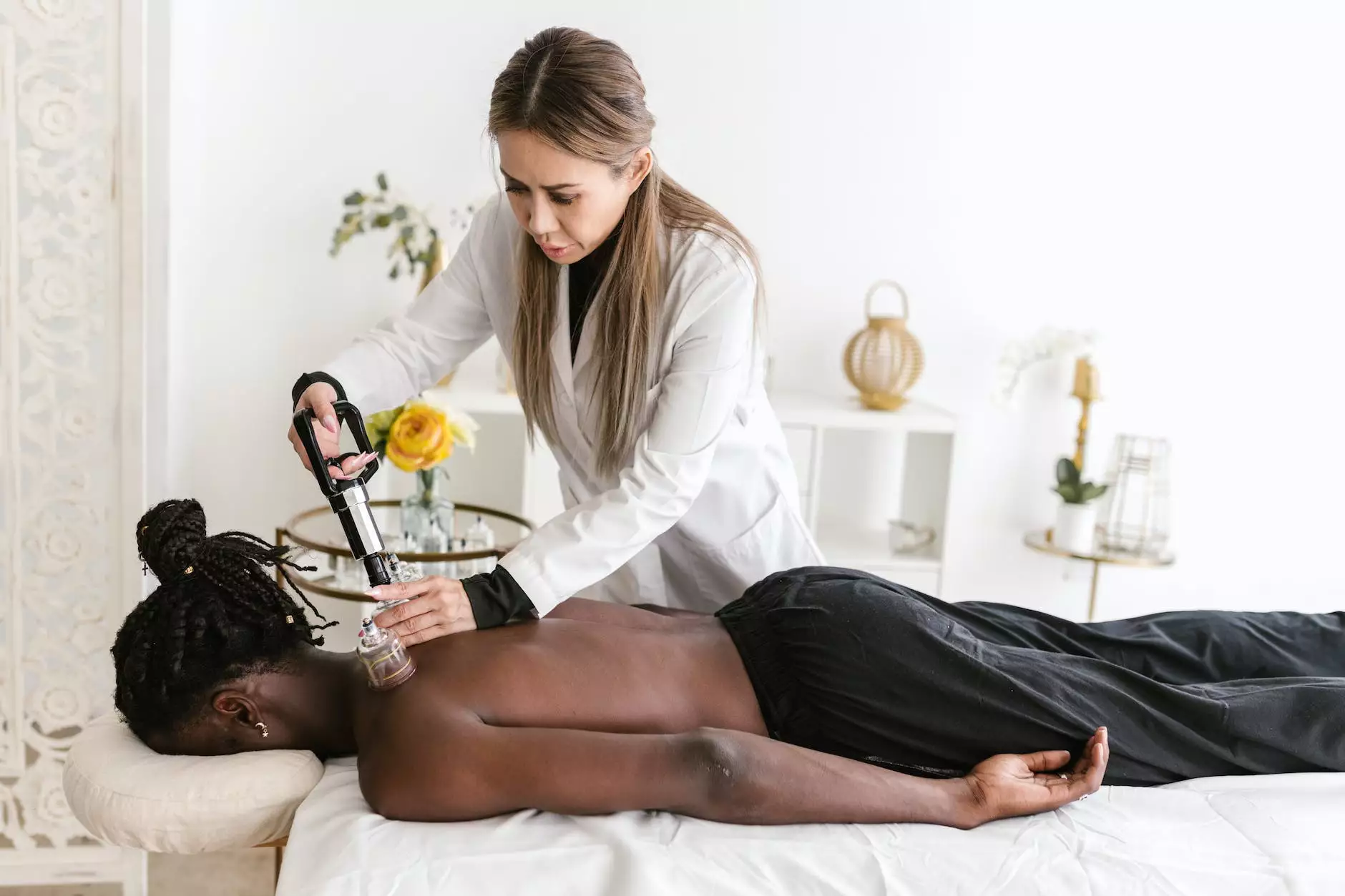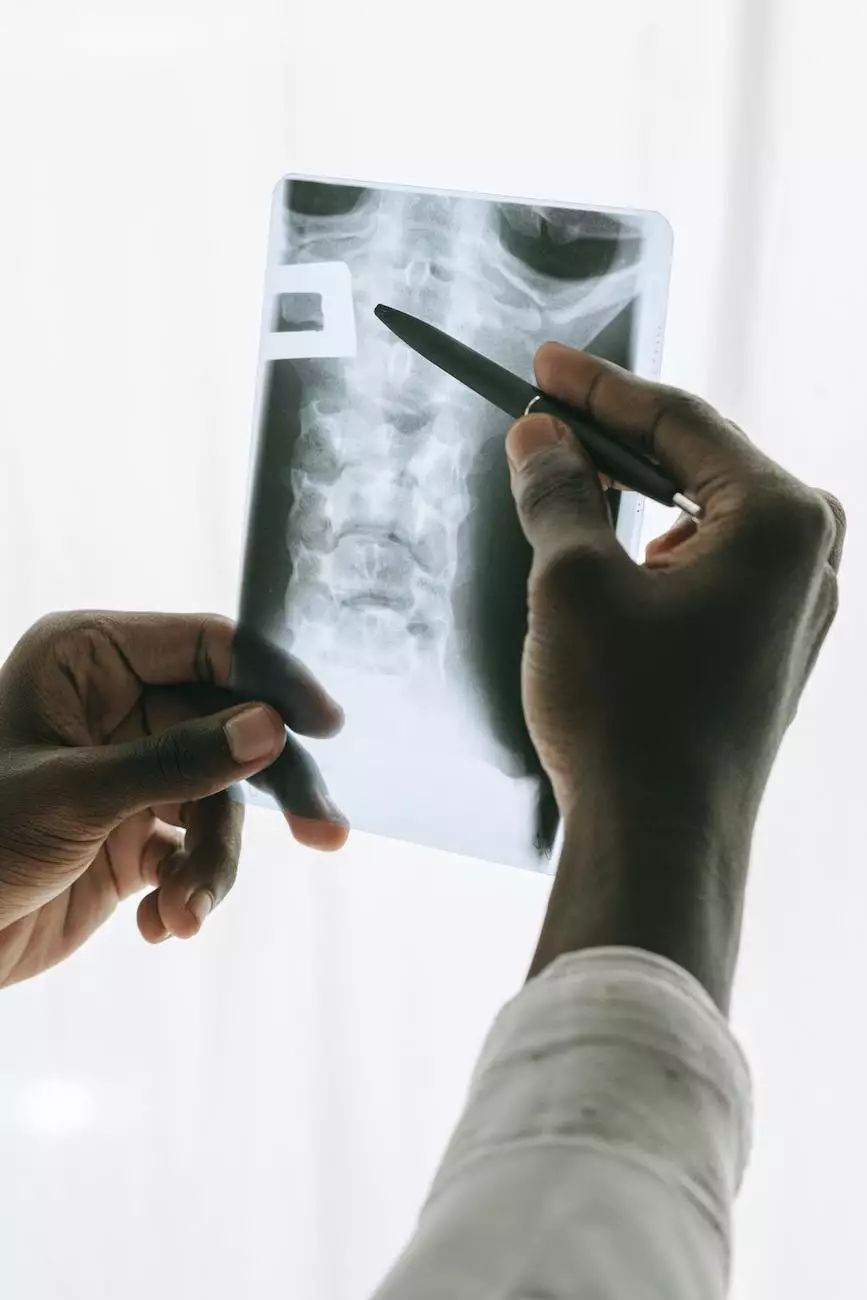What Causes a Crick in Your Neck?

Understanding Neck Cricks
A neck crick, also known as a kink in the neck or a stiff neck, can cause discomfort and limit your range of motion. It is a common condition that often occurs due to muscle strain or sprain in the neck area.
There are various possible causes of neck cricks, including:
Poor Posture
One of the most common reasons for a crick in the neck is poor posture. Sitting or standing in a slouched position for extended periods can strain the muscles in your neck and upper back, leading to stiffness and pain.
Sudden Movements
Swift and abrupt movements of the neck can also trigger a crick. This can happen when you turn your head too quickly, especially without proper warm-up or stretching.
Sleeping Position
Incorrect sleeping positions, such as sleeping in an awkward angle or using an unsuitable pillow, can contribute to neck cricks. It is essential to maintain a supported and comfortable sleeping position to prevent strain on the neck muscles.
Repetitive Activities
Repetitive movements or activities that strain the neck, such as typing on a computer for extended periods without breaks, can lead to muscle fatigue and result in a crick.
Prevention and Treatment
While a crick in the neck can be uncomfortable, there are ways to prevent and alleviate the symptoms. Here are some tips to help you:
Maintain Good Posture
Improving your posture by consciously sitting and standing straight can help reduce the risk of developing a neck crick. Ensure your workstation is ergonomically designed to support your neck and back.
Stretch and Exercise
Performing regular neck stretches and exercises can improve neck flexibility and strengthen the surrounding muscles. Consult with a healthcare professional or physical therapist for recommended exercises.
Supportive Sleep Environment
Invest in a supportive pillow and mattress that aligns your neck and spine properly while sleeping. Maintain a comfortable sleeping position that doesn't strain your neck.
Take Breaks from Repetitive Activities
If you engage in activities that require repetitive neck movements, take regular breaks to stretch and rest your muscles. Avoid prolonged periods in the same position.
Apply Heat or Cold
To relieve discomfort, you can apply a warm compress or take a warm shower to relax the muscles. Alternatively, cold therapy using an ice pack wrapped in a cloth can help reduce inflammation and numb the area.
If your neck crick persists or is accompanied by severe pain, numbness, or other concerning symptoms, it is crucial to consult with a healthcare professional for a proper diagnosis and treatment plan. They can assess the underlying cause and provide appropriate guidance.
A+ Healthcare understands the difficulties and discomfort associated with neck cricks. Our team of experienced healthcare professionals is dedicated to providing comprehensive care and guidance to assist you in finding relief and preventing future occurrences.
For further information or to schedule an appointment, please visit our website or contact our friendly staff at (XXX) XXX-XXXX. We are here to support your health and well-being.










